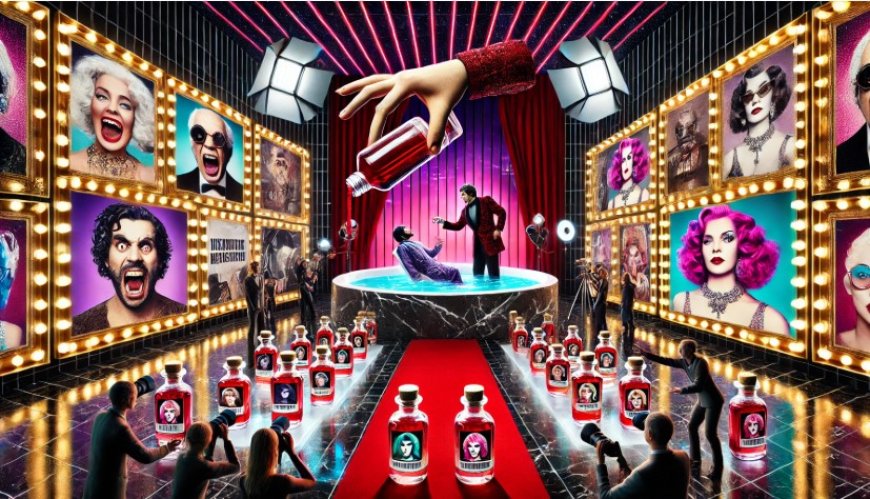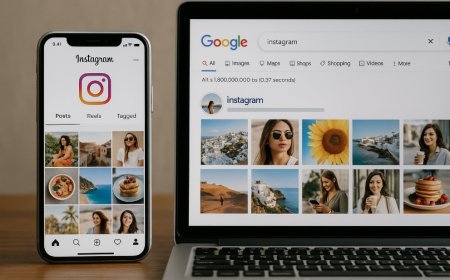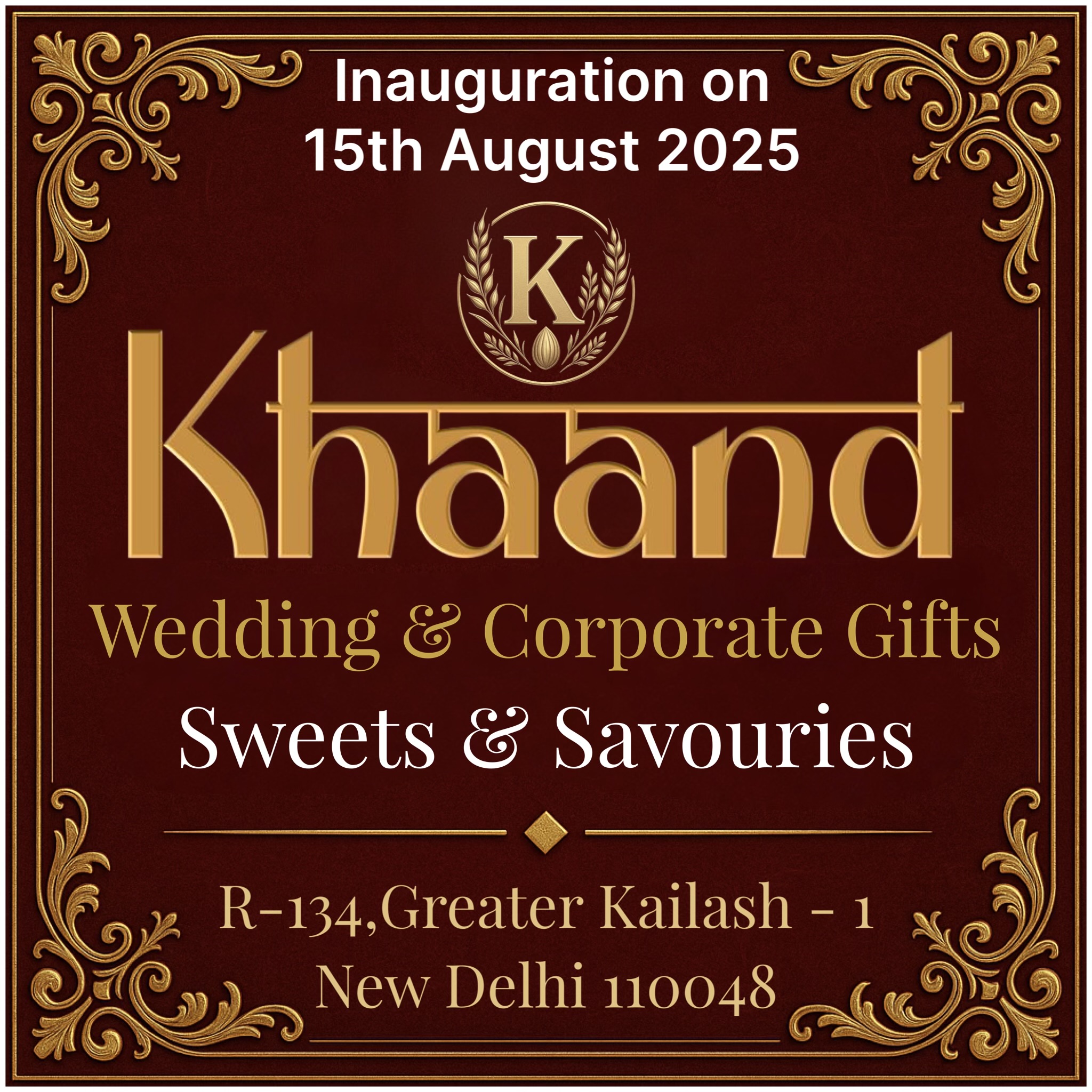Celebrity Branding at Its Wildest: From Blood Vials to Bottled Bathwater
From perfume lines to bizarre personal products, celebrities are turning their bodies into brands. Explore the extremes of celebrity merchandising in today's fame economy.

Introduction: Fame, Fan Culture, and the Business of Being You
In the golden age of celebrity influence, fame is no longer confined to the silver screen or a platinum record. It spills into our homes, our skincare routines, and sometimes even our bathwater—literally. As the lines blur between person and product, we’re witnessing a new wave of celebrity entrepreneurship where stars are not just endorsing brands; they are becoming the brand themselves.
From singer-songwriter Grimes offering a piece of her soul to beauty mogul Kim Kardashian bottling her scent in body-shaped perfume bottles, celebrities have redefined what it means to monetize fame. Some of it feels like innovation. Some of it feels like performance art. And some of it? Just plain surreal.
Beyond Traditional Merch: The Rise of the Celebrity as Product
There was a time when celebrity merchandise meant autographed posters, T-shirts, or perhaps a signature fragrance. Today, that definition has exploded. With audiences hungry for authenticity—or at least the illusion of it—celebs are packaging parts of themselves in ever more literal ways.
Take, for instance, pop provocateur Lady Gaga, who once included a vial of her own blood in a limited edition perfume concept. Or rapper Lil Nas X, whose Nike “Satan Shoes” reportedly contained a drop of human blood in each sole. These acts aren’t just shock value stunts—they’re calculated marketing plays that turn fame into fascination, and fandom into financial leverage.
When Bathwater Becomes a Business
One of the most headline-grabbing examples of this trend came when internet personality Belle Delphine announced she would sell jars of her used bathwater. What began as a meme turned into a viral sensation—and sold out in days. Priced at $30 a jar, “GamerGirl Bath Water” was both a critique and celebration of internet fan culture.
Critics called it gross. Fans called it iconic. But from a business perspective, it was genius. Belle didn’t need a global brand deal or a licensing contract—she turned her own image and mystique into a tangible, sellable item. The bathwater wasn’t just a product. It was a symbol of what celebrity branding had become: extreme, personal, and, yes, marketable.
Blood, DNA, and Other Intimate Items
Bathwater isn’t the only bodily fluid to make headlines. Celebrities have long played with the concept of physicality in branding. Angelina Jolie and Billy Bob Thornton famously wore vials of each other’s blood as necklaces during their relationship. Machine Gun Kelly and Megan Fox echoed the tradition, admitting to sharing small drops of blood in rituals described as symbolic and spiritual.
These stories may raise eyebrows, but they point to a deeper trend: the commodification of intimacy. In an age where followers crave access and authenticity, offering a literal piece of oneself becomes the ultimate fan service.
Even NFTs—a digital-first product—have gotten a biological twist. Singer Grimes once auctioned off digital art accompanied by conceptual pieces described as “soul fragments.” While symbolic, the idea tapped into the same cultural current: that celebrity essence, whether physical or emotional, can be bought and sold.
The Psychology Behind Buying Celebrity Essence
Why would someone want to buy a celebrity’s bathwater or a vial of symbolic blood? The answer lies in parasocial relationships—one-sided emotional bonds people form with public figures. Fans often feel like they know the celebrities they admire, even if they’ve never met. Buying a piece of their lives, even something as odd as bathwater, reinforces that connection.
There’s also the element of status. In a digital culture where being “first” or “exclusive” matters, owning a strange or limited celebrity item becomes a flex. It’s part insider joke, part collector’s item, and part brand devotion.
And then there’s irony. Much of this merchandise plays on self-awareness. It’s weird on purpose. When a celebrity leans into absurdity, fans are in on the joke—and willing to spend money to prove it.
Celebrities as Luxury Brands
These extremes aren’t just stunts. They’re part of a broader shift where celebrities function like luxury fashion houses. Their products—whether a wellness line, skincare brand, or NFT collection—aren’t just tools or art. They’re extensions of a persona.
Rihanna’s Fenty Beauty didn’t become a billion-dollar brand just because it made great products. It did so because people wanted a piece of Rihanna’s confidence, creativity, and cool. Gwyneth Paltrow’s Goop sells jade eggs and $75 candles labeled “This Smells Like My Vagina,” not because consumers need them—but because they want to buy into the lifestyle she projects.
When celebrities turn themselves into full-blown businesses, fans don’t just buy products. They buy identity.
Controversy Sells—And Celebs Know It
Many of these product ideas invite backlash, and that’s the point. Controversy fuels conversation, which fuels clicks, which fuels sales. It’s a formula that works especially well in the age of social media, where attention is currency.
Whether it's Doja Cat shaving her eyebrows on Instagram Live or Kanye West launching a fashion line with "homeless" aesthetics, calculated absurdity becomes a marketing tool. The product doesn’t even have to be practical—it just has to get people talking.
Is This the Future of Celebrity Branding?
All signs suggest this trend will only intensify. As the digital world becomes more immersive—with platforms like TikTok, Patreon, and the metaverse—fans are getting closer than ever to their idols. And as celebrities fight to remain relevant in an oversaturated market, offering part of themselves—symbolic or real—may be the ultimate differentiator.
We’re already seeing early examples of this in virtual spaces. Influencers are selling voice notes, custom AI chat experiences, and holograms of themselves. The next frontier could include biotech-meets-merchandise fusions, such as DNA-based personalization or scent-based memory capsules.
The physical body may be the last untouched asset—and for celebrities, it’s now part of the brand portfolio.
Conclusion: Fame Is a Business—and Every Part Is For Sale
What once may have seemed outrageous is becoming the new norm. Whether it’s a celebrity’s perfume shaped like their torso or a jar of their bathwater, the message is clear: in the economy of influence, everything is up for branding—including the self.
While not every fan will want to sip on the surreal, these bizarre products reflect a larger truth about fame in the 21st century. It’s no longer just about talent. It’s about being unforgettable—and sometimes, that means being a little weird.
What's Your Reaction?
 Like
0
Like
0
 Dislike
0
Dislike
0
 Love
0
Love
0
 Funny
0
Funny
0
 Angry
0
Angry
0
 Sad
0
Sad
0
 Wow
0
Wow
0












































